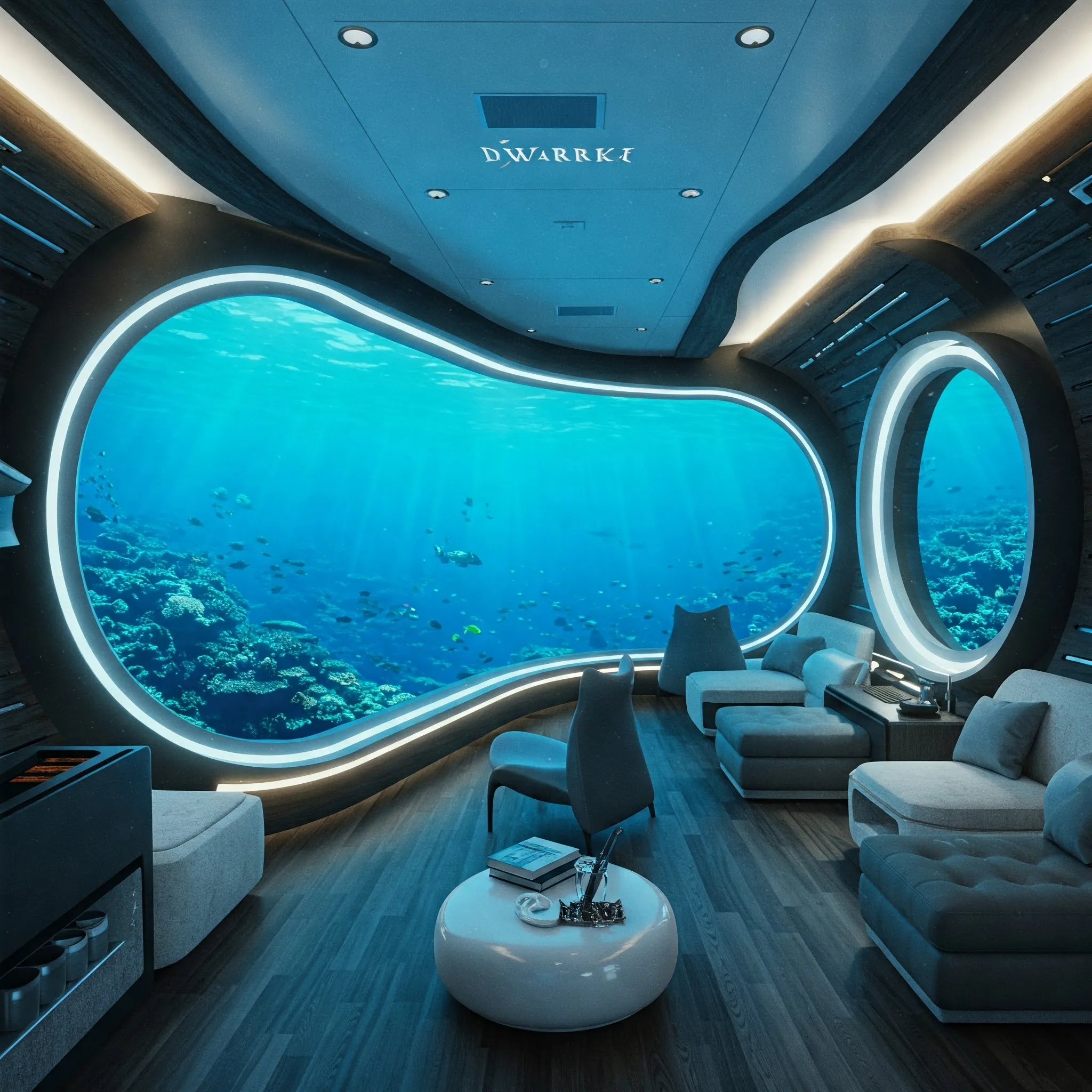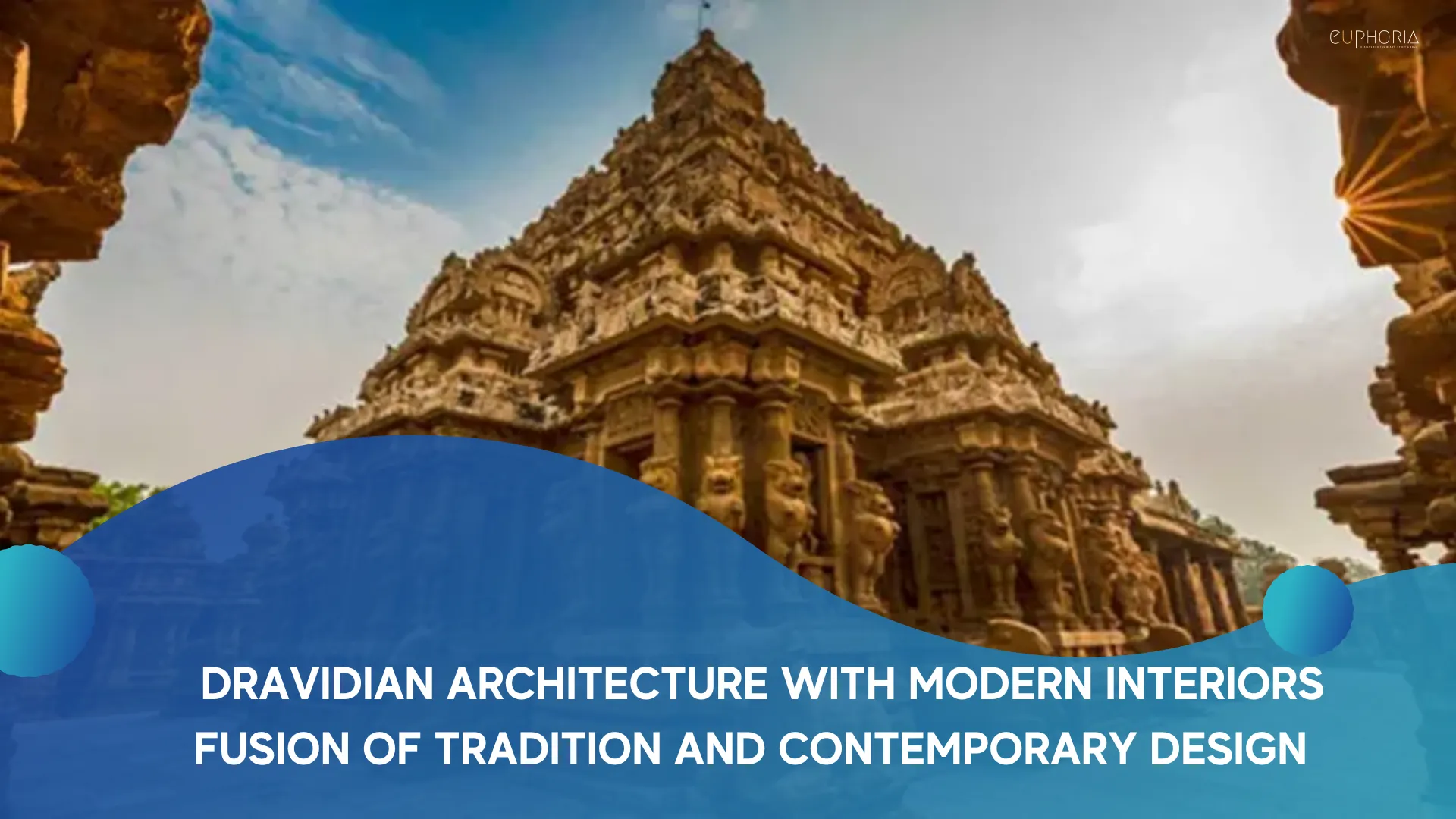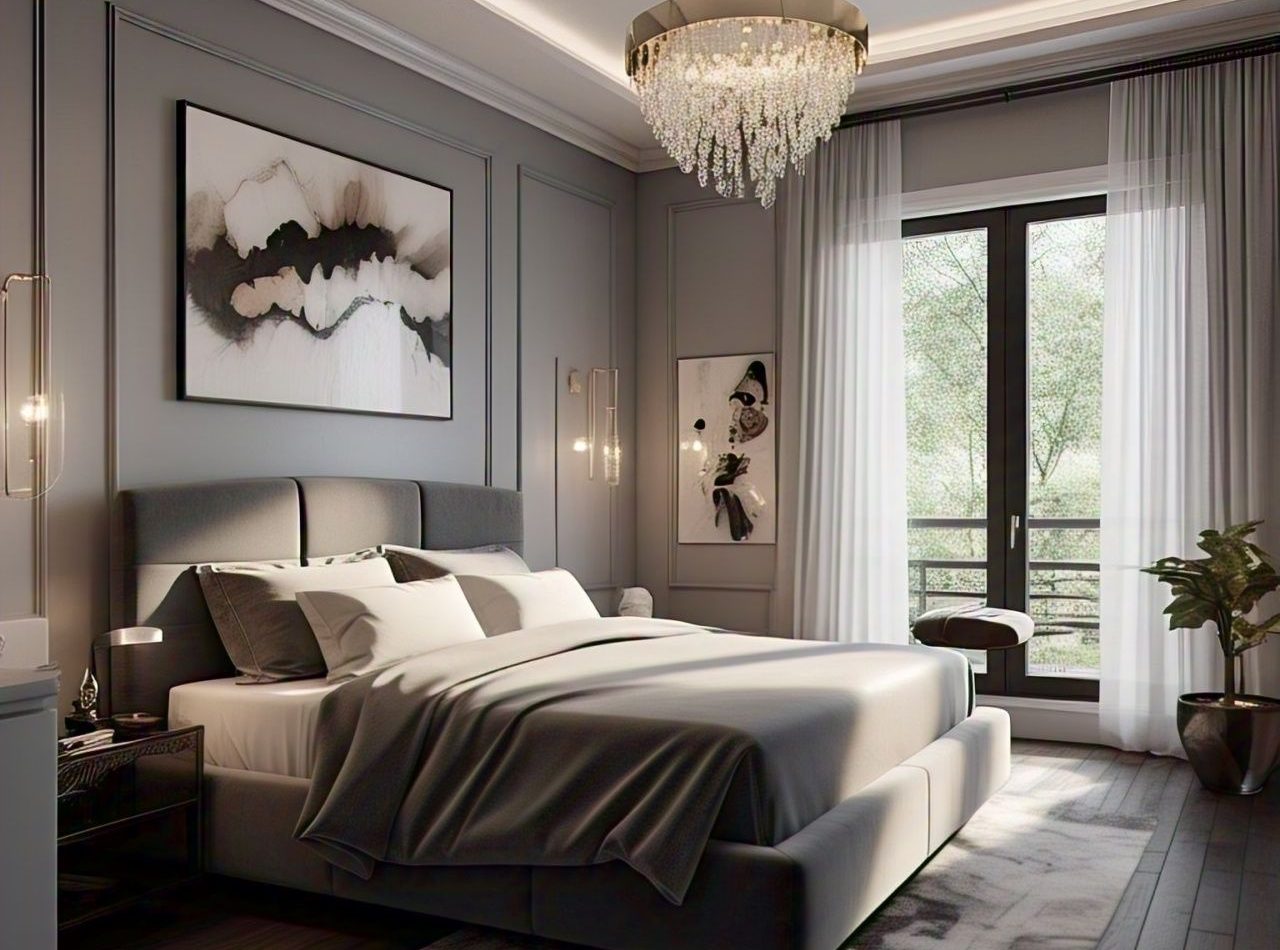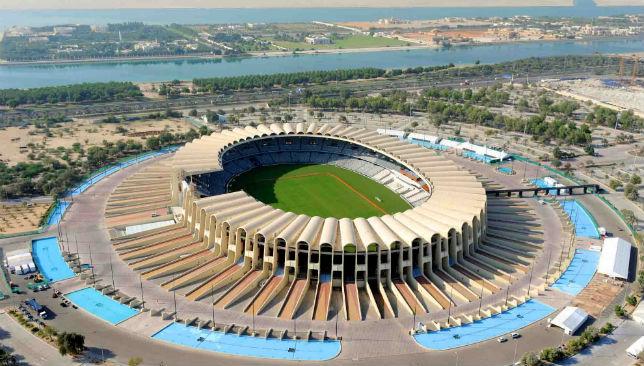Imagine diving into the depths of history, literally! The Dwarka Submarine tour offers interior designers and architects a groundbreaking opportunity to explore one of India’s most legendary cities, now submerged beneath the Arabian Sea. Dwarka isn’t just any ancient city; it’s believed to be the opulent kingdom of Lord Krishna, rich in history and cultural significance. As you journey through this underwater marvel, you’ll not only witness the ruins of a civilization long lost to time but also gather unique inspiration that could transform modern design. This is more than a tour; it’s a chance to connect ancient architectural brilliance with contemporary creativity.
The Dwarka Submarine Tour: A Gateway to Ancient Architecture
The Dwarka Submarine Tour isn’t just an underwater adventure; it’s a rare chance for design professionals to explore ancient architecture up close. As you descend beneath the waves, you’ll find yourself face-to-face with the submerged city of Dwarka, a place steeped in legend and history. For centuries, this city has captivated the imaginations of architects and historians alike, and now, you have the unique opportunity to see it firsthand. This tour offers more than just a glimpse of ruins; it’s a deep dive into the architectural marvels of an ancient civilization, preserved beneath the sea. If you’re an interior designer or architect looking for inspiration, this journey could unlock a treasure trove of ideas for your next project.
Architectural Insights from the Depths of Dwarka
The Dwarka Submarine tour offers a rare opportunity to explore the submerged remnants of an ancient city, revealing structural designs that have been hidden beneath the sea for centuries. As you descend into the depths, you’ll encounter the foundations of what were once grand palaces and temples, showcasing the architectural brilliance of Dwarka.
These underwater ruins, visible through the submarine’s viewing panels, highlight the ingenuity of ancient architects who constructed walls and structures that have endured the test of time and the relentless ocean currents. The ruins give a fascinating glimpse into the past, with the possibility of discovering more about the palaces and temples that once defined Dwarka’s landscape.
Through this tour, you’re not just observing ancient architecture—you’re gaining a deeper appreciation for the skill and vision that created Dwarka. It’s an experience that can inspire new ideas and approaches in modern design, connecting the past with the future.
Chalukya Style in Dwarka: A Timeless Influence
The Chalukya style of architecture, known for its intricate carvings, symmetrical layouts, and grand temples, has left a significant mark on Indian architecture. Originating from the Chalukya dynasty that ruled parts of southern and central India between the 6th and 12th centuries, this architectural style is characterized by its ornate pillars, detailed sculptures, and well-planned spaces. The influence of the Chalukya style can be seen across various ancient sites in India, and some of these elements may be reflected in the submerged ruins of Dwarka.
During the Dwarka Submarine tour, visitors might observe remnants of structures that bear a resemblance to Chalukya designs, such as intricately carved stone foundations or remnants of temple-like constructions. These underwater ruins could potentially showcase the detailed craftsmanship and architectural principles that were central to the Chalukya style.
Today, the interiors of Dwarka’s temples and other historic structures still exhibit elements that are reminiscent of Chalukya influence. From the detailed carvings on temple pillars to the symmetry in the spatial arrangements, these aspects highlight the timeless nature of Chalukya architecture and its lasting impact on the region.
Applying Dwarka’s Ancient Design Principles to Modern Interiors
Exploring the submerged city of Dwarka through the Dwarka Submarine tour opens up a world of inspiration for modern interior design. As you peer into the ancient ruins beneath the sea, you’ll encounter architectural elements that can invigorate contemporary spaces. The symmetry and balance evident in Dwarka’s structures offer timeless principles that can be seamlessly integrated into today’s design. Imagine using these ancient concepts to craft modern interiors that are both visually harmonious and functionally elegant. Additionally, Dwarka’s use of natural materials—like stone and wood—highlights an enduring connection to the environment that can inform sustainable design practices. By incorporating these historical design elements, you not only honor the past but also create spaces that resonate with depth and cultural significance.
Key Points:
-
Timeless Inspiration: Architectural elements from Dwarka offer classic design principles that can enhance modern interiors.
-
Symmetry and Balance: Incorporate these ancient principles to create visually pleasing and well-proportioned spaces.
-
Natural Materials: Use materials similar to those found in Dwarka to add a touch of authenticity and sustainability to modern designs.
-
Historical Integration: Blend historical design features with contemporary aesthetics to create spaces with cultural richness and historical depth.
Inspiration from the Marine Environment: Natural Beauty in Design
Taking the Dwarka Submarine tour offers a unique glimpse into the marine world that can profoundly influence interior design. As you explore the submerged ruins of Dwarka, you’re surrounded by an underwater landscape teeming with vibrant colors, intricate patterns, and fascinating textures. These natural elements can provide fresh inspiration for creating stunning interiors.
Here’s how the marine environment can inspire your designs:
-
Colors: The rich, soothing palette of the underwater world—from deep blues and greens to bright corals and subtle sand tones—can be translated into calming and visually appealing color schemes for your interiors.
-
Patterns: The organic patterns seen in marine life, like the delicate shapes of coral reefs or the fluid movements of fish, can inspire unique designs for wallpapers, fabrics, and tile patterns.
-
Textures: The textures found underwater, from the smooth surfaces of seashells to the intricate details of seaweed, can be mimicked in materials like textured wall finishes, plush rugs, or decorative accents.
-
Calm and Serenity: The tranquil ambiance of being underwater offers a sense of peace and stillness. Incorporating this calm into your interior design—through elements like soft lighting, gentle color schemes, and serene water features—can create relaxing and harmonious living spaces.
Cultural and Spiritual Dimensions in Design
The Dwarka Submarine tour offers a unique opportunity for designers to draw inspiration from the deep cultural and spiritual roots of the ancient city of Dwarka. As you explore the submerged remnants of this legendary city, you’re not just seeing ancient ruins—you’re experiencing a piece of history that can deeply influence modern design.
Incorporating Cultural Heritage into Design
The ancient city of Dwarka, with its rich history and mythology, provides a treasure trove of cultural elements that can be woven into contemporary interiors. The designs and artifacts seen during the Dwarka Submarine tour can inspire elements such as intricate carvings, traditional motifs, and symbolic patterns in modern spaces. By integrating these cultural touches, designers can create interiors that celebrate and honor historical significance.
Reflecting Spiritual and Historical Significance
Dwarka is not only a historical site but also a spiritual landmark. Designing spaces that capture this essence can create environments that feel deeply connected to the past. For example, incorporating elements inspired by the underwater ruins, like sacred symbols or architectural features from Dwarka, can evoke a sense of reverence and timelessness in a space. This approach allows the physical environment to resonate with the spiritual and historical context of Dwarka.
Enhancing Narrative in Interior Design
The story of Dwarka, with its divine connections and dramatic history, offers a compelling narrative that can be woven into interior design. Designers can use this narrative to create spaces that tell a story, adding layers of meaning to their design choices. Whether it’s through murals depicting ancient myths, furnishings inspired by archaeological finds, or layouts that echo the city’s historic grandeur, incorporating Dwarka’s story can turn an interior into a living narrative that engages and inspires.
Conclusion: The Dwarka Submarine Tour as a Design Resource
The Dwarka Submarine tour is more than just a dive into history; it’s a goldmine for interior designers and architects. By exploring the submerged city of Dwarka, you’ll gain first-hand insights into ancient design principles and architectural marvels that have inspired centuries of Indian design. This unique tour provides a rare opportunity to see intricate details of ancient structures that are otherwise hidden beneath the waves.
As you immerse yourself in the underwater ruins, you’ll uncover design elements that can directly influence and elevate your future projects. The blending of ancient aesthetics with modern design can spark fresh ideas and innovative approaches. Whether it’s the use of natural materials, spatial arrangements, or cultural motifs, the lessons learned from the Dwarka Submarine tour can transform your approach to design.




